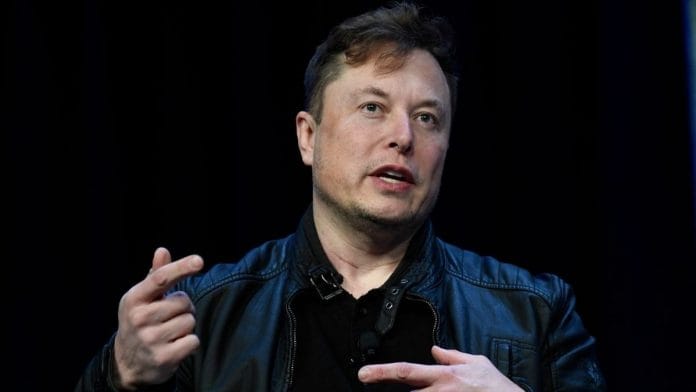For some time, all that was on the news was American billionaire Elon Musk’s attempt at buying Twitter for $43 billion. Some saw it as an attempted hostile takeover while others thought it to be Twitter’s fiduciary responsibility to accept the offer. It was a giant move nonetheless, one that was preceded by Musk acquiring 9.1 per cent of Twitter for $2.64 billion.
What followed could very well be turned into a movie with all the banter, legal strife and eventual cancellation of the deal. Twitter’s inability to provide the exact number of spam or bot accounts made Musk walk away from the deal. The story could have ended there but that is where it just begins to take shape. Twitter sued Musk in an attempt to force him to complete the takeover and were soon countersued by him.
Despite this, Musk recently agreed to complete the takeover which raises the question—Why does Musk want Twitter? A simplistic, albeit naïve answer would be the one Musk himself presents wherein he calls Twitter the ‘de facto public town square’ whose ability to be inclusive towards all or most opinions must be maintained. In other words, Musk wanted to buy Twitter to defend the freedom of speech of its users.
But it does beg the question, why would a man spend nearly a quarter of his wealth to defend freedom of expression in a country that already has one of the strongest defences for free speech in the form of the First Amendment? Even more so, how would taking Twitter private add to its inclusive nature? For all we know, publicly listed companies have some obligations of making information public, private companies on the other hand have no such obligations.
It seems as if beneath the carefully crafted façade of a defence of free-speech lies a brilliantly planned financial move. It is noticeable that Tesla, Musk’s primary source of wealth never does any advertising. Musk had once famously stated that Tesla does not spend any money on advertising rather, they spend it on making their products better.
Looking closer, we realise that it is not really true. Modern advertisements often consist of a celebrity endorsing a product which is then propagated in its best suited medium such as television or newspaper. In this case, Musk himself is a great celebrity who often goes on endorsing Tesla products. For evidence, Musk is among the most followed celebrities on Twitter with over 109 million followers. For reference, Leonardo DiCaprio has less than 20 million followers while Amitabh Bachchan has less than 50 million.
Also read: Twitter struggling to keep its most active users, ‘heavy tweeters’ in decline, report says
All Musk now needs is a medium to propagate his endorsements and Twitter seems to serve him the best. A look at the demographics of Twitter users and Tesla buyers would make it clearer. According to a study by Pew Research Centre most Twitter users are likely to identify as Democrats which corresponds to another study which revealed that 22% of Democrats were considering buying a Tesla, while only 17 per cent of Republicans were looking to purchase one. Clearly, Twitter provides a great medium to lure the Democrats.
Further, the age group of 25-34 forms the largest chunk of Twitter users representing those that are either starting out in their lives or making rapid strides in their careers, making them ready to buy a car.
Studies have also shown that Twitter users are more likely to have a college degree with 42 per cent of adult Twitter users having at least a bachelor’s degree— 11 percentage points higher than the overall share of the public. This considerable difference in education invariably translates to a higher level of earning with the number of adult Twitter users reporting a household income above $75,000 which is 9 points greater than the same figure in the general population.
This corresponds to the fact that, Tesla sells expensive cars and most of its buyers are wealthy, with almost 80 per cent of all Tesla buyers earning over $100,000 annually. Thus, it is quite likely that those who can afford a Tesla are already on Twitter. And is it not needless to say that education goes hand in hand with environmental awareness — a key USP of Tesla?
Thus, we see how the demographics of twitter users corresponds with prospective Tesla buyers clearly showing why Twitter is the best medium for adverts of Tesla cars which Musk himself continues to endorse, quite effectively, at no additional costs to the company.
By taking Twitter private, Elon would be monopolising it, effectively giving him control over who can and cannot advertise on it including other electric-vehicle companies who would also want to capture the same market. And if in addition to that free speech is defended— well, that is merely a bonus.
The author is a student at Tezpur University, Assam. Views are personal






